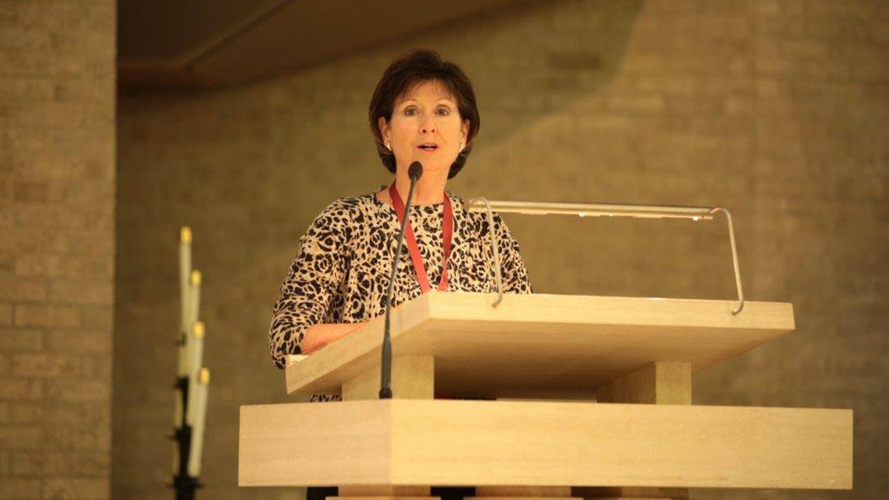About Group
READING AND EXPLAINING THE WORD OF GOD
When the Sacred Scriptures are read in the Church, God himself speaks
to his people, and Christ, present in his word, proclaims the Gospel.
Therefore, the readings from the Word of God are to be listened to
reverently by everyone, for they are an element of the greatest
importance in the Liturgy. Although in the readings from Sacred
Scripture the Word of God is addressed to all people of whatever era and
is understandable to them, a fuller understanding and a greater
efficaciousness of the word is nevertheless fostered by a living
commentary on the word, that is, by the Homily, as part of the
liturgical action. (General Instruction of the Roman Missal, no. 29).
VOCAL EXPRESSION OF THE DIFFERENT TEXTS
In texts that are to be pronounced in a loud and clear voice, whether
by the Priest or the Deacon, or by a reader, or by everyone, the voice
should correspond to the genre of the text itself, that is, depending
upon whether it is a reading, a prayer, an explanatory comment, an
acclamation, or a sung text; it should also be suited to the form of
celebration and to the solemnity of the gathering. Consideration should
also be given to the characteristics of different languages and of the
culture of different peoples. (GIRM, no. 38)
SILENCE
The Liturgy of the Word is to be celebrated in such a way as to favor
meditation, and so any kind of haste such as hinders recollection is
clearly to be avoided. In the course of it, brief periods of silence are
also appropriate, accommodated to the assembled congregation; by means
of these, under the action of the Holy Spirit, the Word of God may be
grasped by the heart and a response through prayer may be prepared. It
may be appropriate to observe such periods of silence, for example,
before the Liturgy of the Word itself begins, after the First and Second
Reading, and lastly at the conclusion of the Homily. (GIRM, no. 56)
SCRIPTURE READINGS
In the readings, the table of God’s Word is spread before the
faithful, and the treasures of the Bible are opened to them. Hence, it
is preferable that the arrangement of the biblical readings be
maintained, for by them the unity of both Testaments and of salvation
history is brought out. Nor is it lawful to replace the readings and
Responsorial Psalm, which contain the Word of God, with other,
non-biblical texts.
In the celebration of the Mass with the people, the readings are always read from the ambo.
The function of proclaiming the readings is by tradition not
presidential but ministerial. Therefore the readings are to be read by a
reader, but the Gospel by the Deacon or, in his absence, by another
Priest. If, however, a Deacon or another Priest is not present, the
Priest Celebrant himself should read the Gospel, and moreover, if no
other suitable reader is present, the Priest Celebrant should also
proclaim the other readings as well.
After each reading, whoever reads it pronounces the acclamation, and
by means of the reply the assembled people give honor to the Word of God
that they have received in faith and with gratitude. (GIRM, nos. 57-59)
The lector is instituted to proclaim the readings from Sacred
Scripture, with the exception of the Gospel. He may also announce the
intentions for the Universal Prayer and, in the absence of a psalmist,
recite the Psalm between the readings.
In the celebration of the Eucharist, the lector has his own proper
function (cf. nos. 194-198), which he himself must carry out. (GIRM, no.
99)
In the absence of an instituted lector, other lay people may be
deputed to proclaim the readings from Sacred Scripture, people who are
truly suited to carrying out this function and carefully prepared, so
that by their hearing the readings from the sacred texts the faithful
may conceive in their hearts a sweet and living affection for Sacred
Scripture. (GIRM, no. 101)
QUALIFICATIONS:
- A Baptized and Confirmed Roman Catholic
- A registered and active participant in the parish, as well as Safe Environment cleared
- Committed to being prepared and serving for a minimum of two (2) years
- Ability to walk and stand as needed during the Mass
QUESTIONS:



